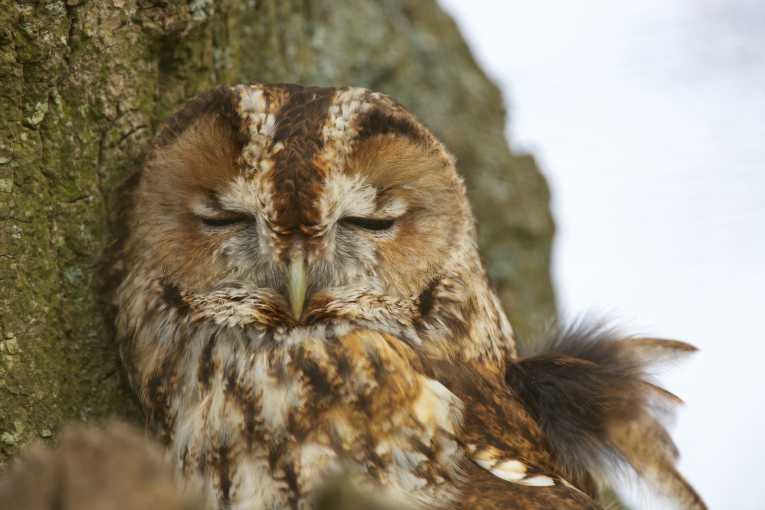There is no doubt that climate change is affecting many ecological events, such as flowering and reproduction seasons in animals. In the case of birdlife, there is growing evidence that this effect is particularly profound.
New research by the Royal Society of Biological Sciences has been shown that the frequency of spring rainfall is affecting the timing of breeding in the Mauritius Kestrel. The birds tend to breed later in wetter springs and since spring rainfall has increased by 60% since 1962, the kestrel is now breeding as late as September. As a result, fewer eggs and young chicks are making it through the cyclone season.
It's just one example of the effect climate change is having on the planet's birds. The same phenomenon is occurring in northern climes where many species are advancing their breeding season due to warmer springs.
Some species have even begun to breed in winter. In the UK, more Tawny Owls have been noted breeding during the Christmas period than ever before, as opposed to their traditional breeding season of March. Much of this is thought to be due to their main food source, voles, doing the same, due to warmer winter temperatures.
Clearly, climate change is increasingly affecting bird ecosystems, habitats and species. Birds are migrating earlier and arriving in traditional breeding areas sooner in the year. One analysis suggests the rate of change could be as much as 6.6 days per decade.
While another study suggests European birds will shift 550km to the northeast by the end of the century - and reduce in number by as much as 20%. The same trend has been reported in the US where bird species have shifted north by as much as 40km between 2000 and 2005.
The effect of climate change on birdlife is a serious problem for ecosystems in general, as the lifecycles of many birds, plants and insects depend on each other. If other species of wildlife don't react in the same way to climate change then the result is significantly higher egg and fledgling mortality, due to food shortages.
In the future, climate change could mean massive changes in bird biodiversity, if species are unable to adapt or shift to more climatically suitable areas.










